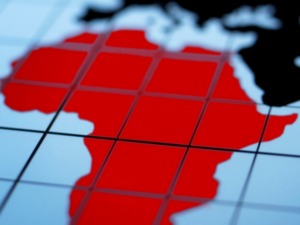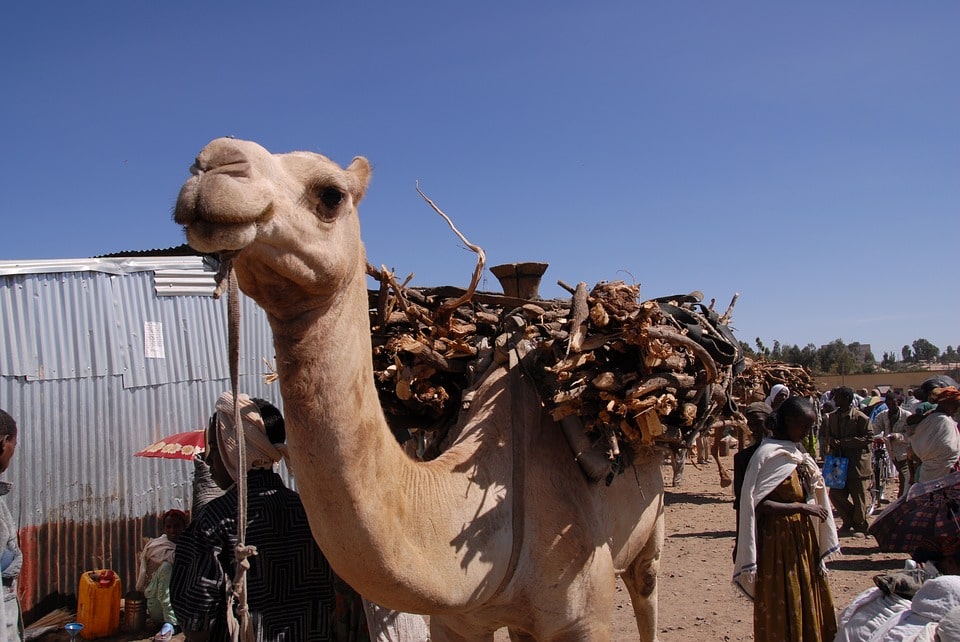When looking at the world as a whole, it is evident that each continent has its own growth trends which are ultimately determined by the economy as well as common global trends. This means that all countries will be influenced and affected in one way or another.
If we look at the way the African economy has evolved over the past year, it is clear to see that in 2016 the Ivory Coast was Africa’s fastest growing economy, known for its primary market being agriculture.
What’s more, 70% of the population was directly or indirectly employed in the agricultural sector, a prevalent trend throughout other African economies.
Most indicators suggest that agriculture remains the largest sector across the continent, and it is clear to see from the above statistic that Africa as a whole has initially been known for its agricultural industry more than its growth in technology, for example.
Richard Attias, a consultant and former producer of the World Economic Forum in Davos, is of the opinion that, “the countries that will be successful in 2017 are the countries which are diversifying their economies”.
Attias also believes that countries within Africa will enjoy growth in the coming years from other industries such as industrialization and manufacturing. He also states that that in the future it would be a proud moment to see ‘Made in Africa’ on product labels exported all over the world.
It is also important to consider other world events that will contribute to a shift in the economy. Brexit, for example, resulted in consequences for world economy, predominantly in the financial sector.
Forbes reported: “a big concern is the extent to which a retreat from financial risk will disturb the existing fault lines in the world economy”.
The question is, which are the industries that will contribute to Africa’s growth over the coming years?
It has been said by Harvard Business Review that ‘to unlock growth, companies should look for opportunities in six sectors that we find have ‘white space’ – wholesale and retail, food and agri-processing, health care, financial services, light manufacturing and construction.’
Within this there is one clear industry that is evidently evolving – and that is technology and the millennial culture that we are witnessing across the whole world.
Technology
Ultimately the biggest industry used on a global scale, technology can be classified by a number of different mediums. Whether that is iPads or androids, gaming apps or dating sites, technology use is consistently on the rise.
Smartphone use has doubled in Africa in 2 years (as of 2016), which is mostly due to their widespread availability and lower pricing. From looking at this statistic, it is also important to note that there has been a steady rise in the use of apps, which include (but are not limited to) dating apps, gambling apps, social media apps, news apps.
For example, gambling apps as a whole have heavily influenced the African economy, as Kenya currently holds the highest amount of betting youth. As stated by GeoPoll, Kenya has the highest number of youth who have participated in gambling or betting in the past at 76% followed by Uganda at 57%. Ghana has the least number at 42%. South Africa probably has the highest adoption of online gambling apps, which is hardly a surprise with so many mobile ready gambling sites targeting the market.
When correlated with the aforementioned smartphone use, a huge 75% of these bets are made via a mobile device!








